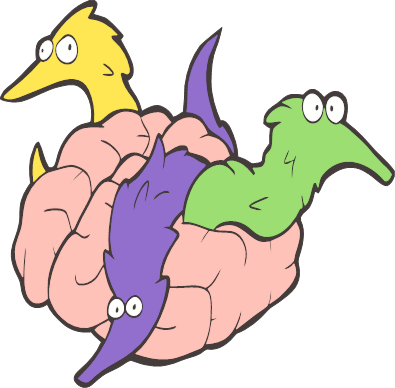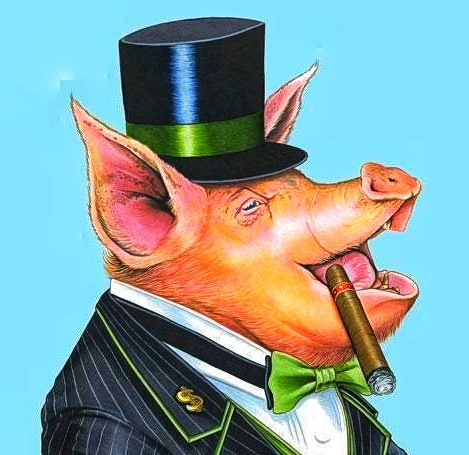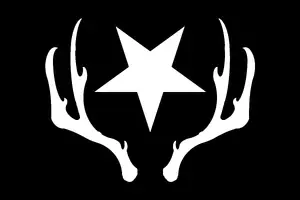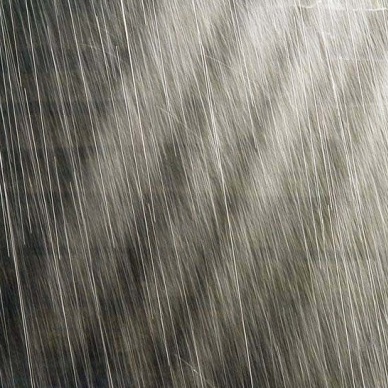I spent my whole life up until 4 months ago not reading any of his books even though I love horror. I read Thinner and loved it. Since then I've read 14 books and loved each and everyone. I'm reading Cujo at the moment and getting ready for the GOODBOY to break my heart and make me cry.
11.22.63 was unexpectedly brilliant for a timey wimey romance focused on Lee Harvey Oswald. Nothing compares so far to IT though. Pet Semetary also genuinely scared me but I guess it's because my son in the same age as Gabe in the book.
![]()
I've read some of his stuff and it's alright. Man knows how write a page-turner and his prose is always serviceable, sometimes even good. Basically, I think of him as a good genre writer, but not someone who transcends the genre if that makes sense
If you like horror though, I'm reading Carrion Comfort rn and it's a fucking banger
I think he's very good at writing characters and premises. Even if it sounds like a really dumb idea (Christine) he can pull you in and make you care about the characters.
Someone else recommended Carrion Comfort so I will check it out. Thanks
Libshit, but enjoyable to read. I was a big fan of the Dark Tower series.
I've read the Gunslinger and I enjoyed it but I haven't been able to push myself to The Drawing Of The Three yet.
just a small warning: The Gunslinger is veeery different to the rest of the saga. the rest is closer to the other King's books so you might either like them more or feel disapointed by the narrative change.
I felt like the dark tower series never went anywhere, despite building interesting premises. It reminded me of how it feels to watch a JJ Abrams TV show
That's fair, I know a lot of people feel something along those lines. I happened to read the last books while going through a very weird stage of my life at the time and everything about it just kinda vibed with me.
spoiler
Even the self-insert stuff, I thought worked. Cuthbert's horn tho, that really got to me. I've spent a lot of time trying to really capture what I feel that symbolizes like internally as a quale and how we should be looking for own equivalent each morning to carry with us into the day.
The Stand is great, and it was definitely a great idea to reread it during Covid
I finished The Stand last month. I thought the way they got rid of Flagg was a bit shit but the rest was incredible.
I also highly recommend the old miniseries based on it. The special effects look janky as shit from a 2023 perspective, but it's a really good adaptation, way better than that clusterfuck they released a couple years ago. Also, the soundtrack is 10/10, and I still listen to it to this day.
Also, fun fact, one of my earliest memories is watching it on TV as a kid. I must have been like five or six years old at the time, and I spent most of my life remembering two things: "M-O-O-N, that's how you spell moon" (but L-U-A, in my language), and the shot where
spoiler
the nuke blows up Las Vegas as Tom and Stu watch from the desert.
I had no idea what that was from, but it was always a very vivid image in my mind. More than two decades later I had the most mind-blowing moment I've ever had while reading a book when I got to that part. Immediately after finishing the novel I went and watched the series, and loved it.
"M-O-O-N, that's how you spell moon"
I still say that to myself sometimes.😅
It's funny how many of his shorts ended up as movies. Graveyard Shift, children of the corn, trucks, the body/stand by me, the list goes on.
Started reading King at age 13 back in the 90s when our small village religious library lady got outraged at me for borrowing those "books for young lads". Loved them all the way to my adulthood and still read his new work as it comes out.
Carrie, The Dark Side, Pet Sematary, Thing, It, Dolores Claiborne, The Shining, Needfull Things, The Tommyknockers and The Dark Tower are some of my favs. But I am generally a horror fan. Horror, sci-fi, fantasy.
He does do disgusting fatmisia and a lot of problematic stuff, but so do authors like Terry Pratchett and I still enjoy my Discworld too. What got me was the way he lets you peak into the minds of his characters and how f'd up they often are. I always thought that the writer has to have a pretty dark mind to come up with that stuff.
I really enjoyed the Dark Tower series, even with some of the extremely
 parts, and the most egregiously schlocky bits (like the first third of Wolves of the Calla).
parts, and the most egregiously schlocky bits (like the first third of Wolves of the Calla).But I was also looking back on the whole cosmology, with which he intentionally encompasses his other works, and realised just how liberal/reactionary (
 ) the setting is.
) the setting is.Like, the ultimate force of evil is 'the Red', a chaotic force of homogenization that is trying to reclaim the world it used to be in control of. The good side is 'the White', an organising force that literally settled and colonised reality*. Its main hero is the last descendant of the true bloodline of kings. The villains' main forces are lowlives and criminals and barbarians, who are riled up and directed by the whispering of a hidden puppeteer that wants to serve the Red because he's simply power-hungry and insane and evil. Their secret signs and slogans show up all over the place as graffiti. They destroy the good kingdom, and in its place build - nothing, just a barbaric wasteland. They hide there as they work on their secret plan to dissolve reality back into cosmic soup - which will probably kill everyone involved in the plan, but they're just so dang ideologically committed to destroying the world that they're gonna do it anyway. The main allies the good guys come across are usually
American yeomanryhonest hardworking frontier farmers.(* To be fair, in a couple of the books not in the main Dark Tower series they're called 'the Purpose' and 'the Random', and implied to be in a kind of harmonic balance, but the agents of 'the Random' sure seems to only do evil things even in those books.)
To protect a cosmically important Macguffin in 'our' world from destruction, the good side (inadvertently) influences a businessman to set up a company that, by the will of the universe, becomes financially successful and then builds a skyscraper on the lot the Macguffin is in. When the good guys stumble into it by accident, it's described as a heavenly place where everyone is perfectly happy and content, subconsiously doing the work of
the invisible hand of the marketthe Tower (never mind that any American Fortune 500 company is axiomatically generating a mountain of burning skulls somewhere). One of the most important bases of the evil side in 'our' world is just a sketchy dive bar/restaurant. All the other power structures in the real world are just neutral, or if they're evil it's because they were subverted by their leader working for the bad guys.And the, somewhat divisive, ultimate conclusion of the series is (mega spoilers if you ever plan on reading the series)
Roland enters the Dark Tower, and inside he finds the story of his own life recorded on each floor until at the top he steps out of a door that puts him right back at the start of the first book. Which I thought was fine at the time, even good as a kind of statement about literature and how that world only exists as long as there's a story being told in it, and that story forms the central axis that the world spins around - a philosophically idealist model of a world but still an effectively written one. But now I can't help seeing it also as an 'end of history' type cop-out - he can imagine the world being destroyed, but not becoming meaningfully different in any way. It has to trundle on, telling the same story again and again.
To be fair, at the new begininning Roland has a special object he didn't have the previous time around, and it's implied that this time things will go differently - maybe even be resolved - but the imagination doesn't stretch to what that resolution actually is. I noticed that in a few works that came out around that time, deep in the Fukuyama era, that are "about" the end of history and the postmodern condition but which leave their protagonists a way out, like the first Matrix (which Baudrillard got mad about!) or Metal Gear Solid 2. Maybe it was a subconscious understanding that no, history hasn't actually ended, 'the system' is not inescapable and the fundamental structure of society can still be changed for the better.
I'll admit they're uncharitable readings that I've distilled way down to the barest essence, but I stand by them and I think they're pretty typical of the unexamined liberal
 that show up in works all over the place.
that show up in works all over the place.Edit: you might be able to tell I've been cooking this up for a while
I could talk about the Dark Tower series all day. Regarding the ending of book 7:
spoiler
Personally, I don’t put too much thought into it because I don’t think King did, either. In the epilogue to that book, King basically puts his readers on blast for demanding an ending to the series. I think he was like “fine, you want me to end this, here’s an ending.” And it’s really just very contrived and dull. I think he just made that ending to make an ending and didn’t feel particularly inspired. I did read the 8th book in the series he wrote years later (The Wind Through the Keyhole) and I thought it was a much better way to conclude the series.
Oh, yeah that's on my list to read soon. I've heard a lot of really good things about it.
I still don't know what a carbine is, but by golly did I learn that word
I read The Shining and The Green Mile and fucking hated them both.
Yes. I’ve read the Dark Tower series (the books and some of the graphic novels), The Stand, Pet Sematary, and The Shining. The man was a brilliant storyteller, at least back in the 70s and 80s. When he gets on a roll, it really is almost impossible to stop reading. He really knows how to hold an audience in suspense.





